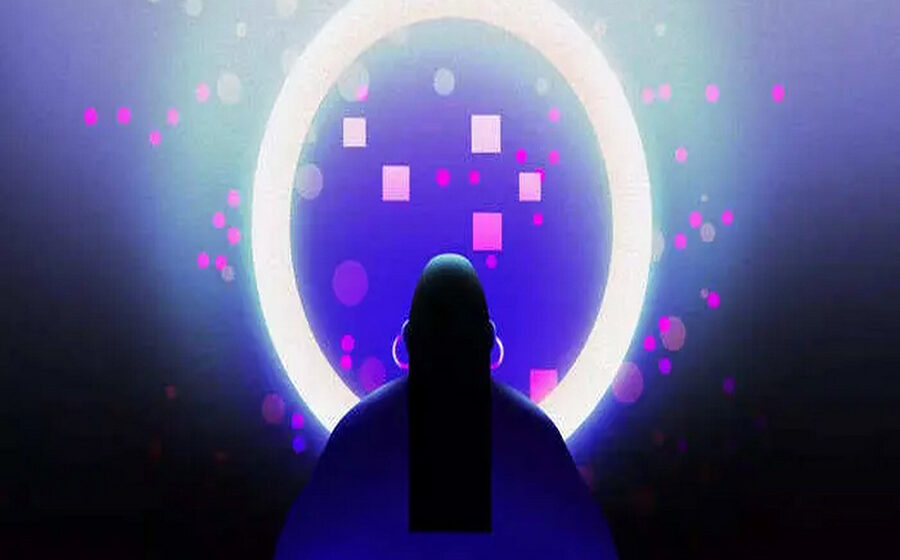Gen Z’s Aspirations in Influencer Culture
A recent Morning Consult poll revealed that over half of Gen Z individuals aspire to become full-time influencers, drawn by the allure of independence, lucrative earnings, and the promise of fame. Raised in the era of YouTube tutorials and social media personalities, many Gen Zers view influencer status as the ultimate career goal. However, as the influencer landscape becomes increasingly competitive, the path to success is no longer as straightforward as it once seemed.
The Evolution of Influencer Marketing
In the early days of influencer culture, success often came unexpectedly to ordinary individuals who amassed large followings through authentic content creation. However, as the influencer market matured, achieving fame became more challenging, requiring strategic planning, consistent content production, and savvy marketing tactics. Moreover, the emergence of AI technology has introduced a new player into the influencer arena, posing a significant threat to human influencers.

The Rise of AI Influencers
Advancements in AI technology have paved the way for the creation of virtual influencers—computer-generated personas designed to engage and influence audiences on social media platforms. These AI influencers, such as Miquela Sousa (Lil Miquela), have amassed millions of followers and secured lucrative brand deals, challenging the dominance of human influencers. With tools like AI image generators and motion graphics, creating and managing AI influencers has become more accessible and cost-effective for brands.
The Impact on Traditional Influencers
As AI influencers gain traction, traditional influencers face increasing pressure to diversify their revenue streams and cultivate a loyal audience beyond social media platforms. Many influencers are exploring alternative income sources such as subscriptions, merchandise sales, and content licensing to sustain their careers in an increasingly competitive landscape. However, the proliferation of AI influencers presents a formidable challenge to their livelihoods.
The Trust Factor
While AI influencers offer brands a cost-effective and customizable marketing solution, questions remain about their ability to establish trust and authenticity with audiences. While studies suggest that AI influencers can yield similar brand benefits to human influencers, concerns linger about their perceived credibility and authenticity. Nevertheless, as consumers become more accustomed to interacting with AI technology, the distinction between human and AI influencers may blur over time.
The Future of Influencer Culture
As AI technology continues to evolve, the influencer landscape is poised for further disruption. While traditional influencers may not disappear entirely, the rise of AI influencers could usher in a new era of influencer marketing characterized by automation and personalization. Whether AI influencers will ultimately dominate the market or coexist alongside human influencers remains to be seen, but one thing is clear: the influence of AI on influencer culture is undeniable.



